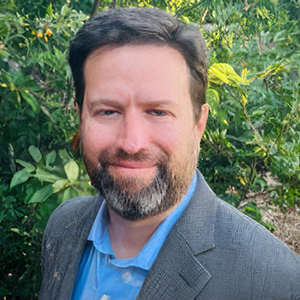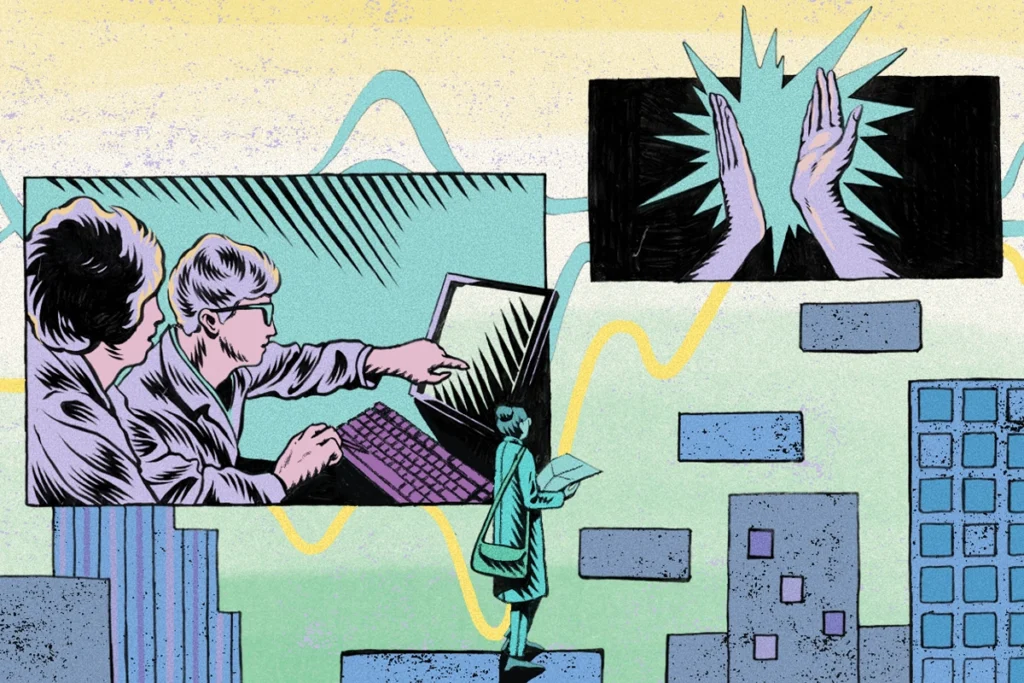Kevin Bender is professor of neurology at the University of California, San Francisco. His lab focuses on understanding how the brain encodes information at the synaptic, cellular and network level. Work primarily revolves around understanding how ion channels and modulation of ion channels contribute to these processes in health and in neurodevelopmental and neuropsychiatric conditions. This includes studies related to neurodevelopmental channelopathies, for which he is grateful to be able to work with close colleagues and partners from academia, industry and patient advocacy groups.

Kevin Bender
Professor of neurology
University of California, San Francisco
From this contributor

Should I work with these people? A guide to collaboration
Selected articles
- “Impaired cerebellar plasticity hypersensitizes sensory reflexes in SCN2A-associated ASD” | Neuron
- “Physical and functional convergence of the autism risk genes Scn2a and Ank2 in neocortical pyramidal cell dendrites” | Neuron
- “Arrestin-3 Agonism at Dopamine D3 Receptors Defines a Subclass of Second-Generation Antipsychotics That Promotes Drug Tolerance” | Biological Psychiatry
- “The Autism-Associated Gene Scn2a Contributes to Dendritic Excitability and Synaptic Function in the Prefrontal Cortex” | Neuron
- “Periadolescent Maturation of GABAergic Hyperpolarization at the Axon Initial Segment” | Cell Reports
Explore more from The Transmitter
Machine learning spots neural progenitors in adult human brains
But the finding has not settled the long-standing debate over the existence and extent of neurogenesis during adulthood, says Yale University neuroscientist Juan Arellano.

Machine learning spots neural progenitors in adult human brains
But the finding has not settled the long-standing debate over the existence and extent of neurogenesis during adulthood, says Yale University neuroscientist Juan Arellano.
Xiao-Jing Wang outlines the future of theoretical neuroscience
Wang discusses why he decided the time was right for a new theoretical neuroscience textbook and how bifurcation is a key missing concept in neuroscience explanations.
Xiao-Jing Wang outlines the future of theoretical neuroscience
Wang discusses why he decided the time was right for a new theoretical neuroscience textbook and how bifurcation is a key missing concept in neuroscience explanations.
Memory study sparks debate over statistical methods
Critics of a 2024 Nature paper suggest the authors failed to address the risk of false-positive findings. The authors argue more rigorous methods can result in missed leads.

Memory study sparks debate over statistical methods
Critics of a 2024 Nature paper suggest the authors failed to address the risk of false-positive findings. The authors argue more rigorous methods can result in missed leads.